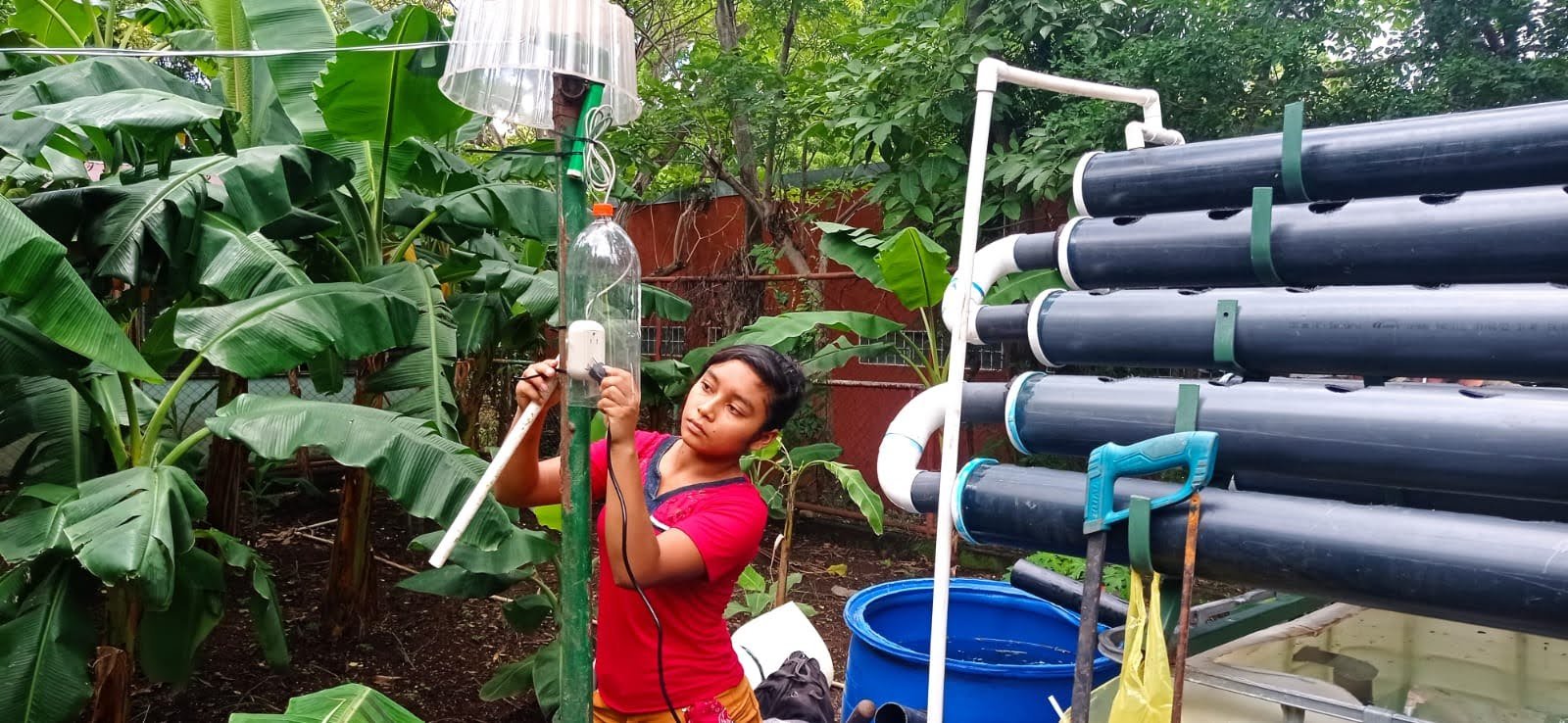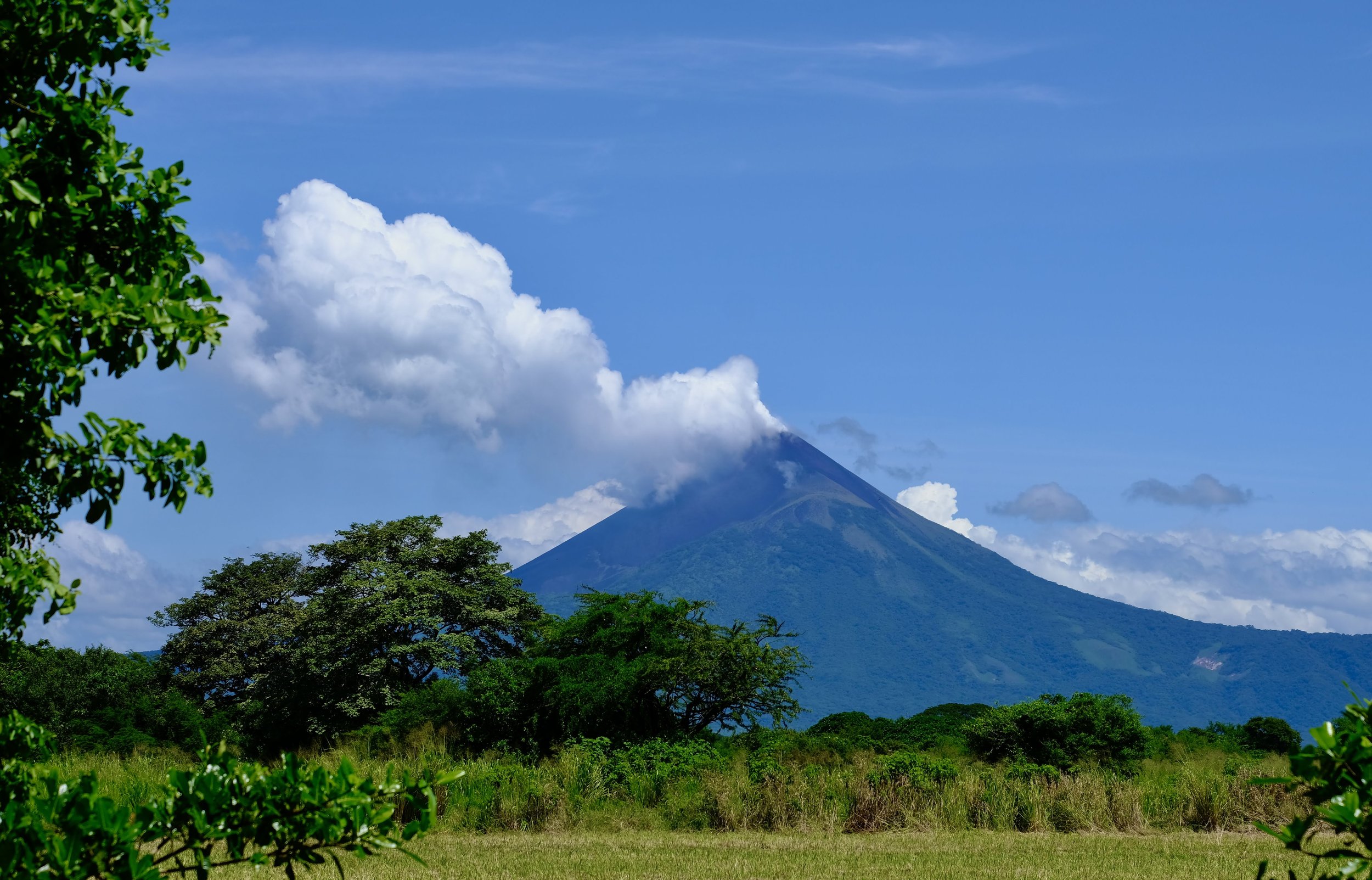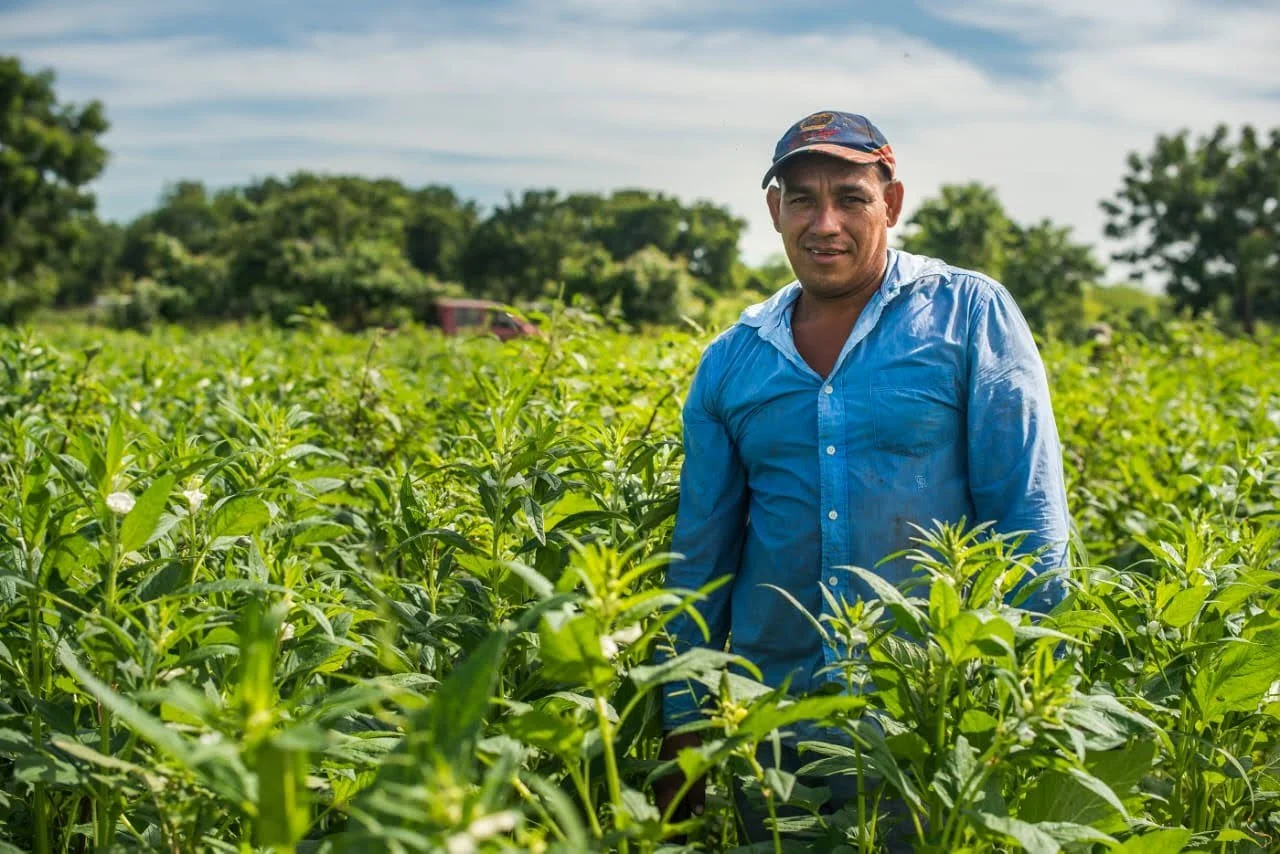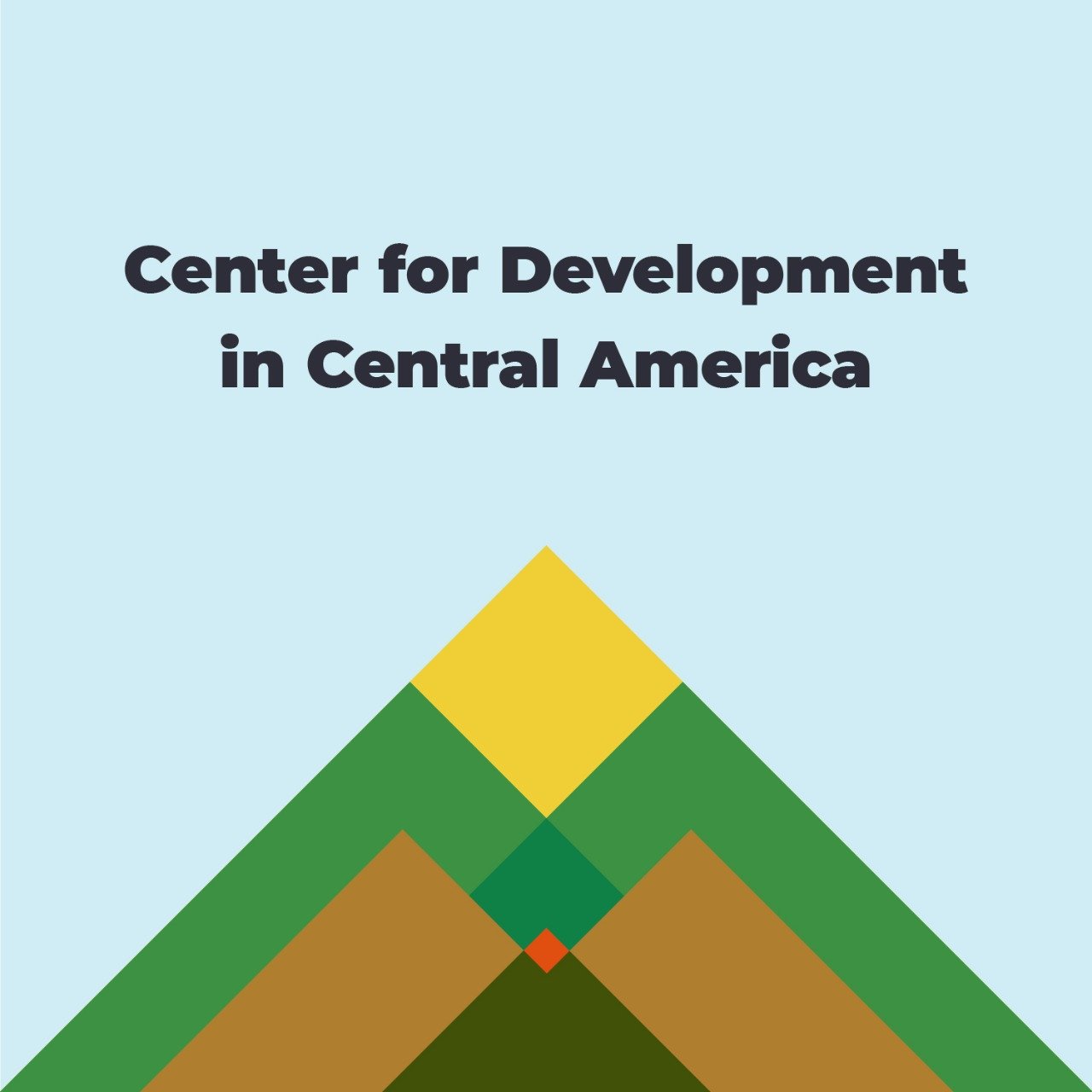
CDCA focuses its agricultural work on intensive sustainable food production systems that aren’t affected by climate change.

-

Sustainable Agriculture
Since 1994, the CDCA has worked with small hold Nicaraguan farmers to help them improve income for their families. This has been done by helping them get organic certification in order to receive a better price for their crop, helping them organize into cooperatives to enable them to sell directly to clients, cutting out the middlemen brokers and ensuring a better price to the growers, and by helping them establish value added chains so that more of the profits in agriculture stay with the farmers. The CDCA has directly contributed to small farmers being able to keep their land even during difficult economic times, and to the improvement in quality of life for rural farm families.
When we began this work in 1994, there was no support for cooperatives or for small farmers from the Nicaraguan government, and most farmers struggled to even feed their families – improving their lives was a distant dream. Today, there are a variety of technical assistance, crop improvement, and financing programs available to farm families from the Nicaraguan government.
This has allowed the CDCA to begin to focus our agricultural work on intensive sustainable food production systems that aren’t affected by climate change – Nicaragua is one of the six countries most affected by climate change.
To date, the CDCA has set up 57 small-scale aquaponics systems in homes and schools in both rural and urban areas of Ciudad Sandino. The CDCA has trained family members to maintain these systems which grow fish and plants in a closed system. Tilapia fish are grown in a tank, dirty water from the fish is pumped up into a soil-free grow bed where plants receive nutrients from the fish. Clean water then gravity feeds back into the fish tank, oxygenating the water for the fish. Each system is capable of growing up to 100 pounds of fish and several hundred pounds of vegetables every six months in a space that is two meters square.
These systems have been so successful that dozens more families have applied to receive an aquaponics system and the CDCA is working with partners to continue installing systems, building on the experience gained by the most successful systems from the first phase of the project.
-

Farmer Shares Coffee
The CDCA works with rural coffee farmers to provide a market for their organic coffee. Since 2000, the CDCA has worked with the El Porvenir coffee cooperative, helping liaise with buyers in the U.S. to ensure sale of their coffee production. El Porvenir is a co-op of 56 families that live on top of a mountain and protect their land. Their coffee is grown under huge trees in a tropical dry forest. The CDCA provides medical care to the co-op’s families, bringing volunteers and doctors from the Nueva Vida Clinic to see patients.
In 2022, the CDCA began operating Farmer Shares Coffee to market this coffee through subscription sales in the U.S. This work has grown to include Las Diosas, a peasant feminist cooperative whose women worker-owners grow organic and Fair Trade certified coffee in northern Nicaragua.
Sales from Farmer Shares Coffee not only support the co-ops directly, but proceeds also support projects in these cooperatives and communities, as well as other CDCA projects.
-

Impact Goals in Sustainable Agriculture
To teach sustainable food production and good nutrition to families.
To improve nutrition in families.
To provide replicable models of sustainable food production and good nutrition.
To support rural coffee cooperatives in achieving the development goals their communities identify.
To support rural farm families’ economic development.
To make the CDCA’s projects more sustainable by providing additional income streams through coffee sales.
Benchmarks
• Continue Farmer Shares Coffee project and increase sales volume annually
• Liaise with El Porvenir to improve access to transport, electricity, water, and health care for their community
• Train 60 additional families in aquaponics and nutrition
• Install new 60 aquaponics systems and support the families through the first cycle with technical assistance
• Create a cadre of community members actively supporting their peer families in aquaponics
